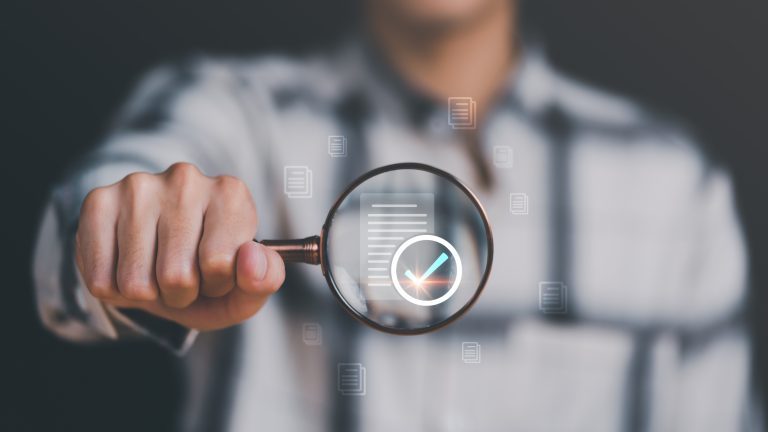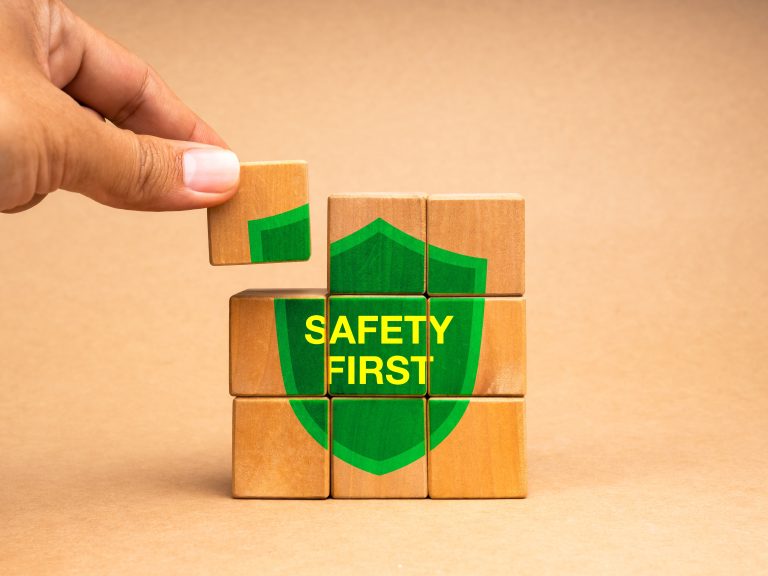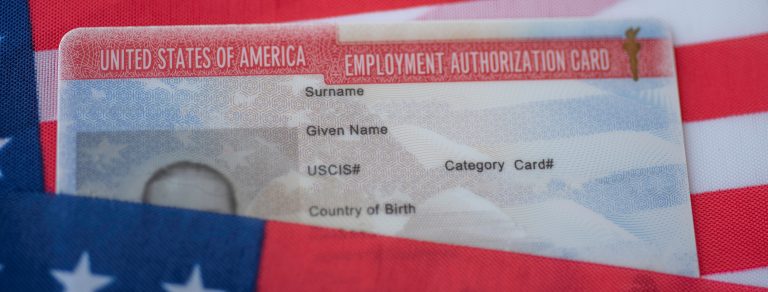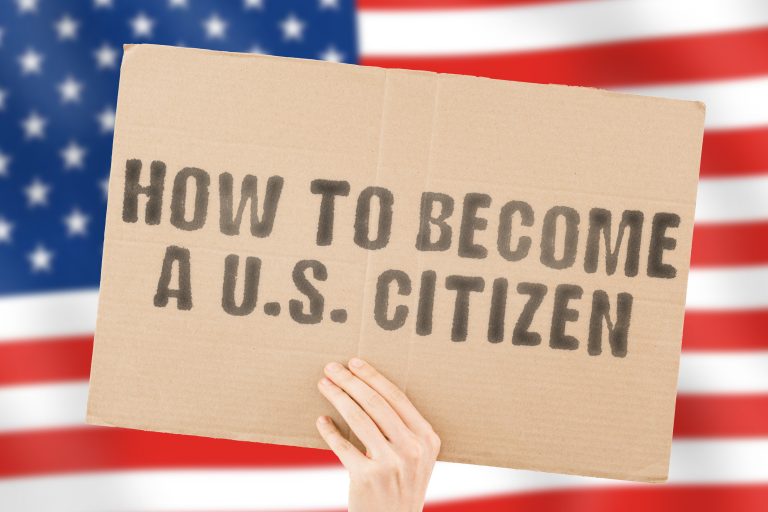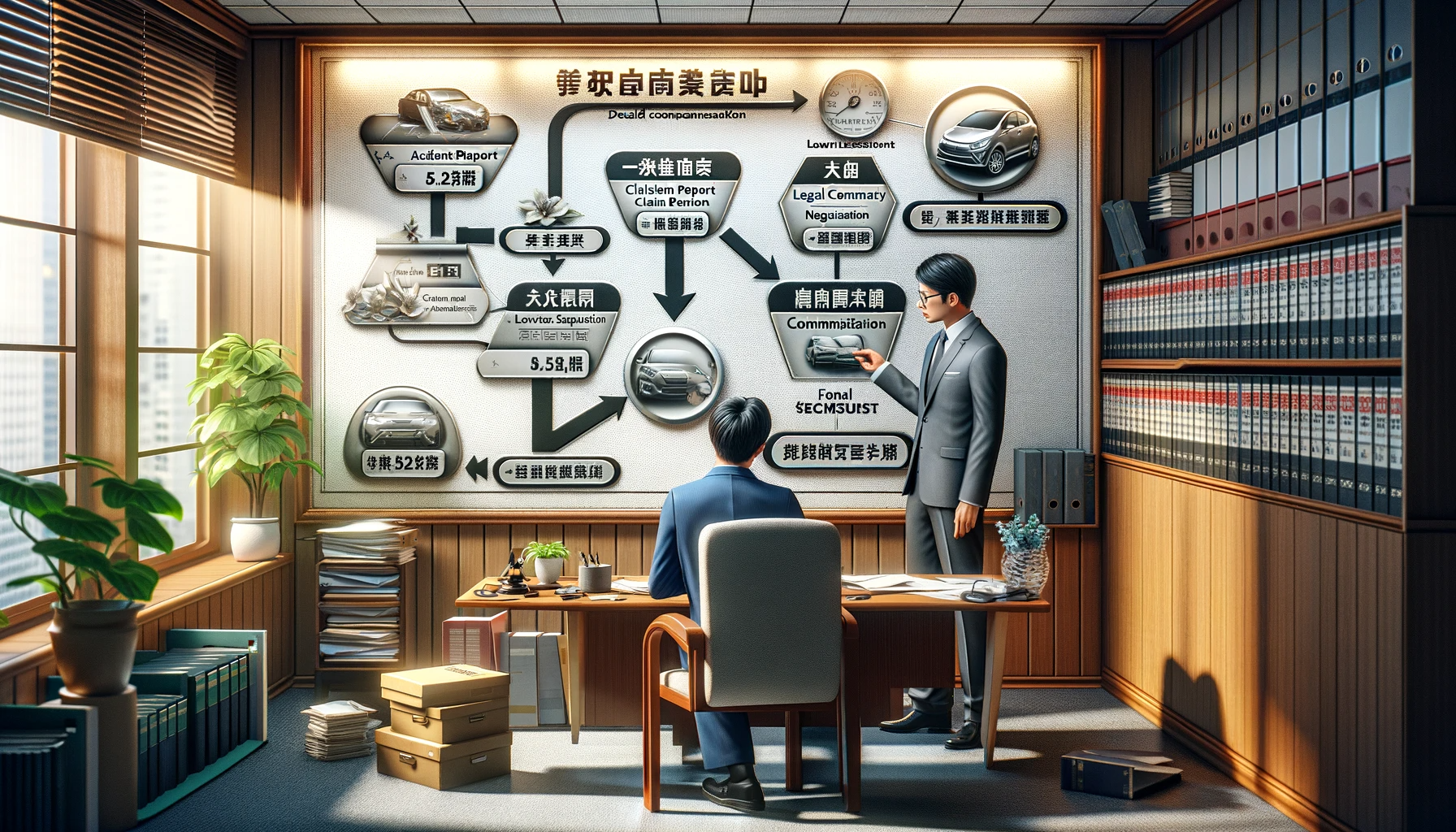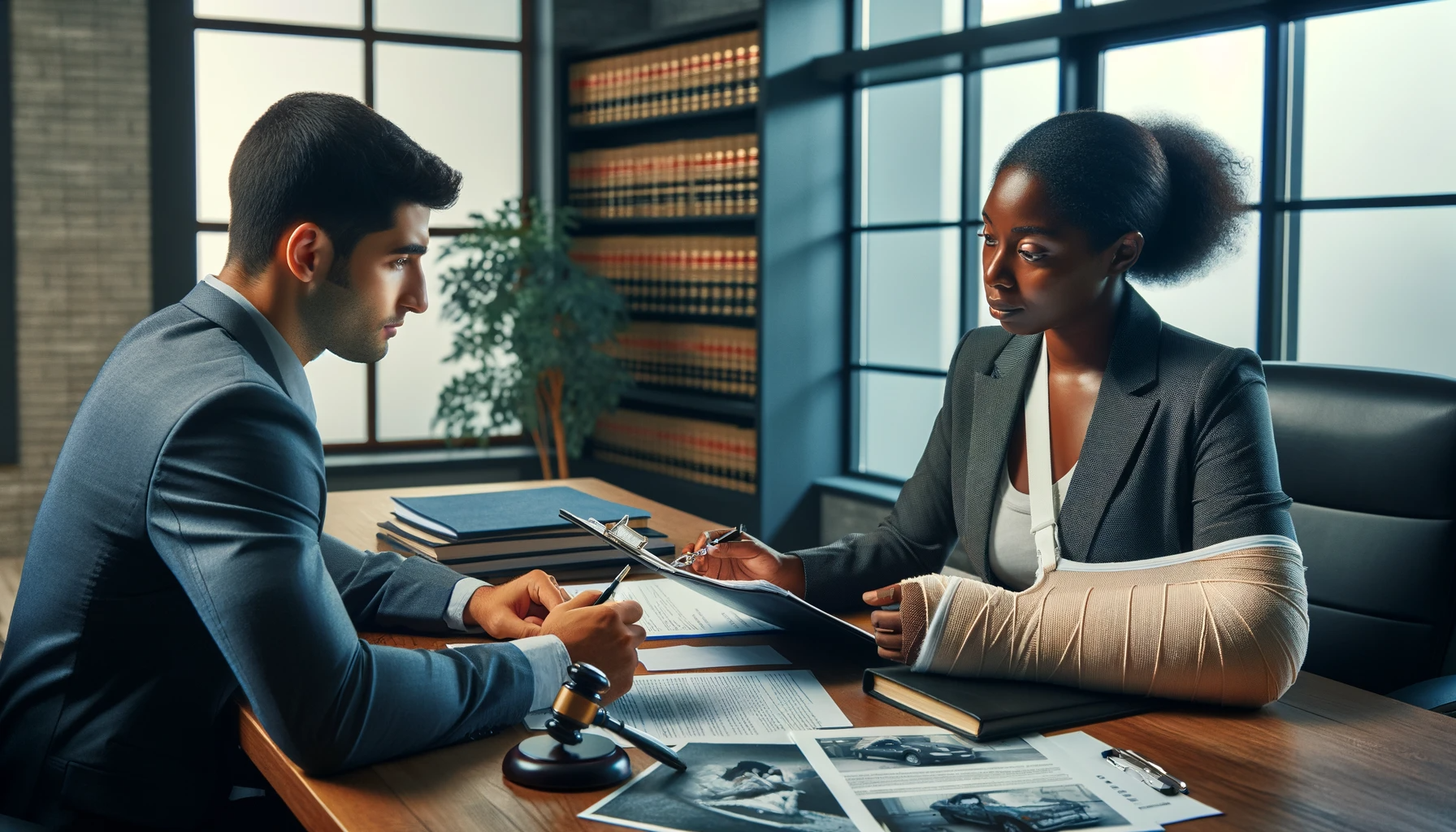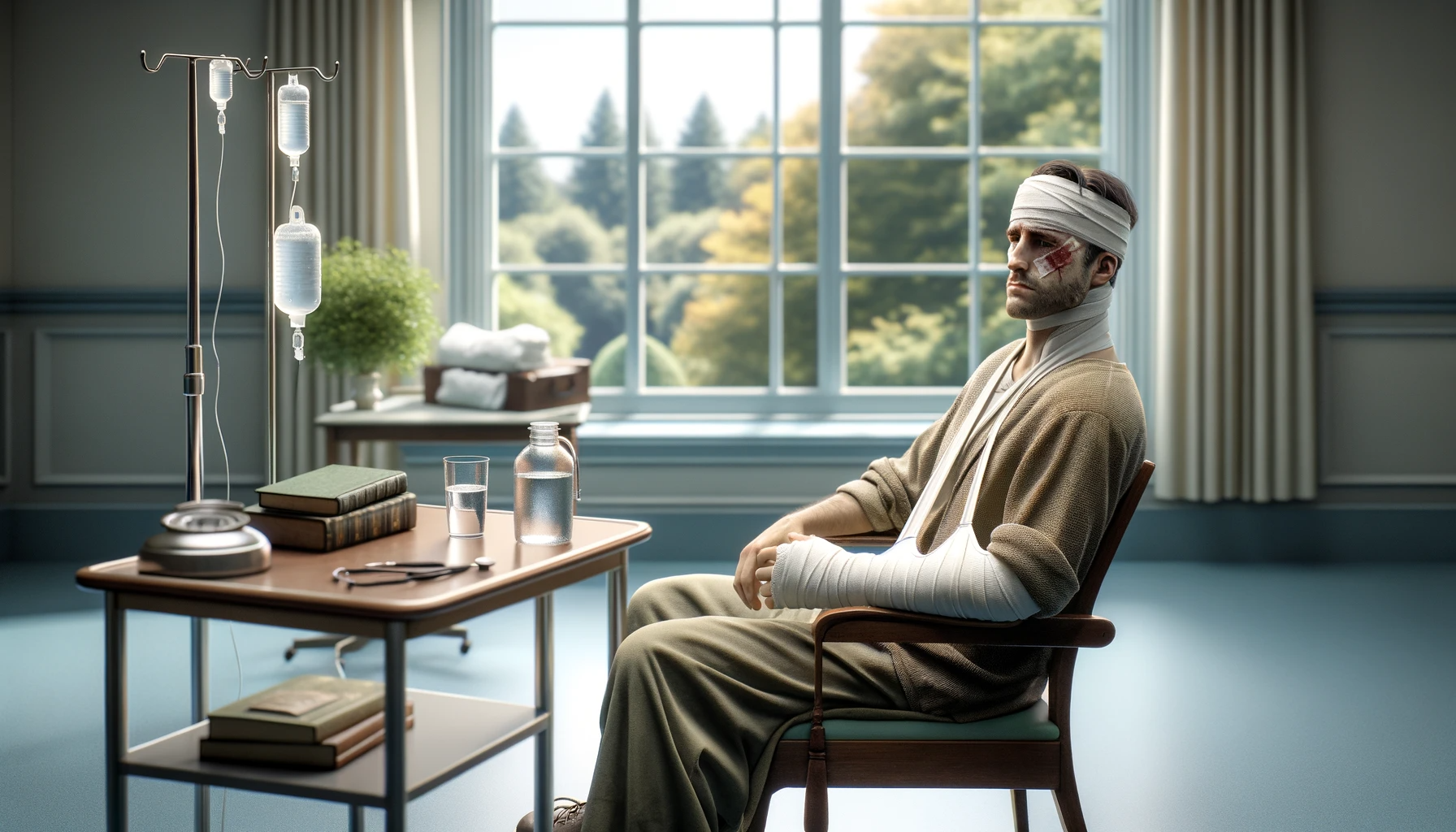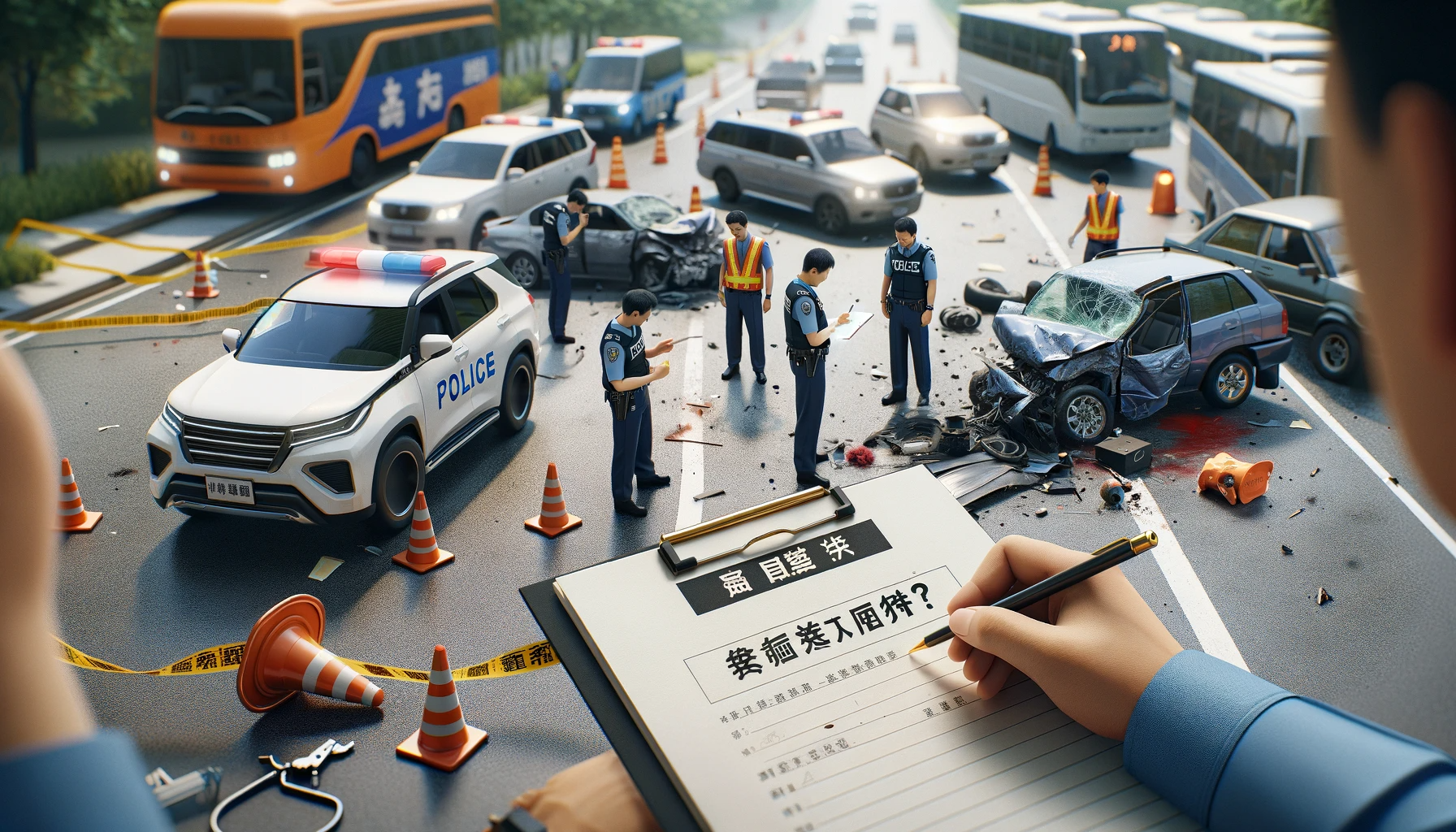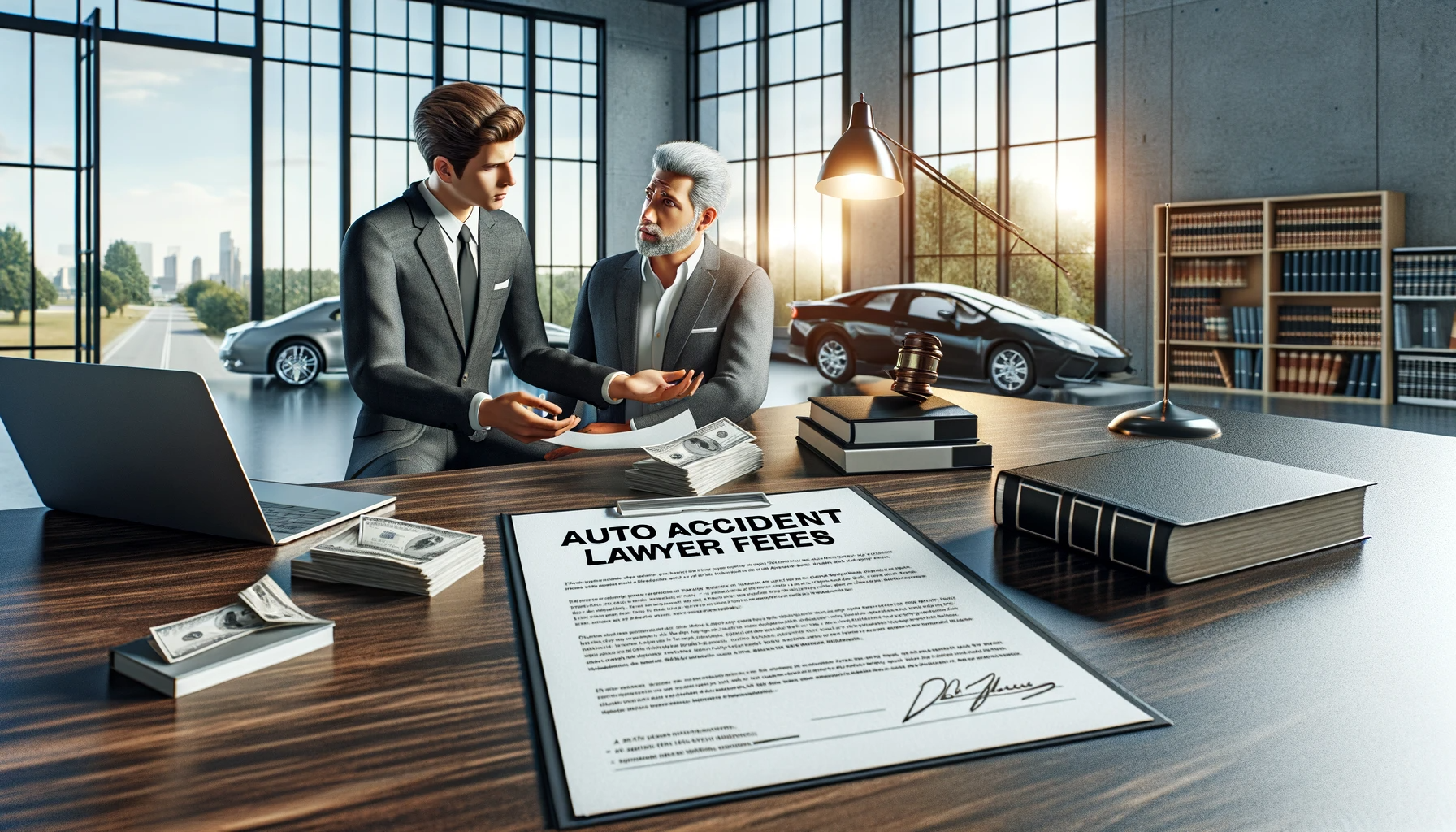[vc_row][vc_column][vc_column_text]Pursuing a personal injury case, whether its a car accident, slip and fall, dog bite, or any other kind of personal injury, requires evidence. Evidence can not only prove that you are not at fault for your injuries but can also prove how devastating your injuries are. Collecting and preserving evidence is one of the best ways to help yourself and your personal injury attorney pursue a legal claim for financial compensation. However, we understand that collecting and preserving evidence in the immediate aftermath of a personal injury is challenging at best and impossible at worst. But knowing in advance what you can do to secure evidence and protect your rights will help.
If you are physically able to take these actions in the aftermath of an injury, doing so can help collect and preserve evidence for a potential personal injury claim.
Seek Out Witnesses
Witness testimony can confirm the story of how events unfolded and ensure that the at-fault party is correctly identified. Collect the contact information of any witness who saw the accident or injury occur. If possible, document their version of events in writing or in audio (using a voice record memo on your phone). Even if you do not get their story, having their contact information means an injury attorney can seek their statement later.
Make a Photographic Record
Taking pictures or video in the immediate aftermath of your injury can help you document the scene of the accident or injury and keep details of the situation fresh in your mind. For car crashes, take pictures or video of the vehicle damage, any physical injuries sustained, the license plate of other involved vehicles, the road conditions, obstructions, or anything else that you think may have contributed to the crash. For dog bites, if it is safe, take pictures of the dog and the owner. If you are unsure of who the dog's owner is, take pictures of where you think the dog may have come from or anything else you may consider a clue as to the dog's owner. For slip and falls, document the condition and hazards of the area in which you fell.
Keep Possession of Physical Evidence
Anything related to your personal injury should be kept in your possession and preserved if possible. Even if a physical item is no longer useable, say a damaged child seat or ripped and bloody clothing, preserve it and make sure it is not discarded. This type of physical evidence can be used to show just how severe your injuries are. If its not possible to keep certain evidence, such as a totaled vehicle that is no longer drivable, document where it is being taken.
Take Notes
Keep a written record of your injuries and any pain or discomfort you feel in the aftermath of your incident. Not only can this help during the course of your medical treatment and recovery, but also for associating the injuries with the incident.
Contact an Experienced Injury Attorney
An experienced injury attorney can take call of the evidence you have collected and help you get the medical treatment and financial recovery you deserve after your personal injury with no out-of-pocket expenses or financial risk. The Law Offices of Scott Warmuth has been helping injury victims for decades and accepts personal injury cases on a contingency fee basis. That means that if we do not win your case we will not charge for our services. We also offer 100% free consultations with no obligation to provide you with an evaluation of your legal case. Call us today at 888-517-9888 to speak with our injury experts![/vc_column_text][/vc_column][/vc_row]
Collecting Evidence After a Personal Injury
Topics: Auto Accident, Personal Injury
Apr 09th, 2021


